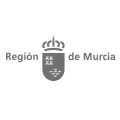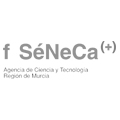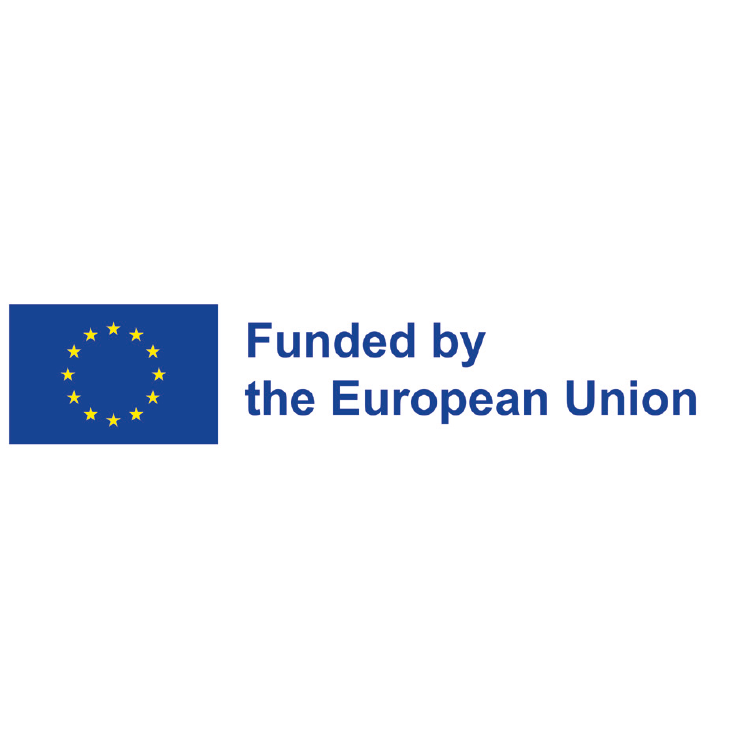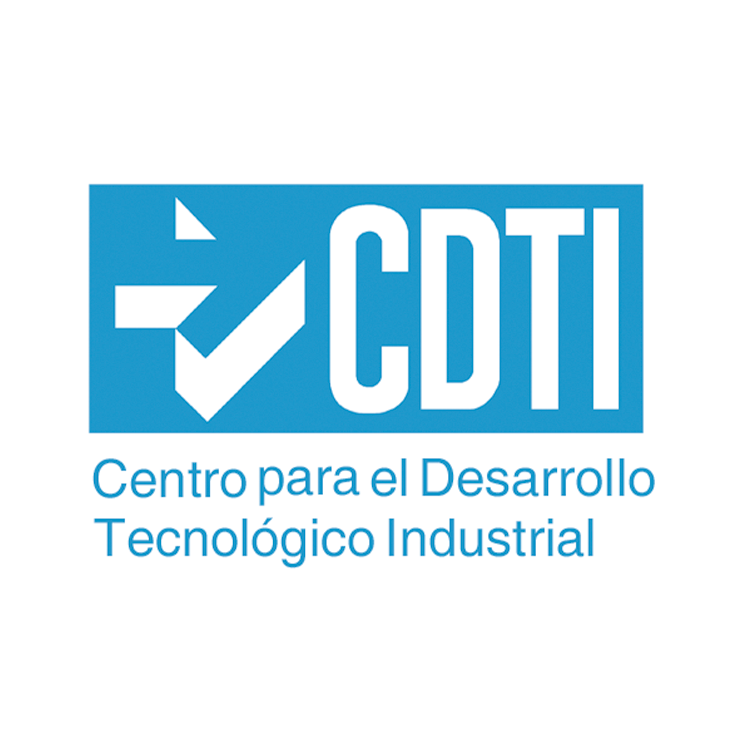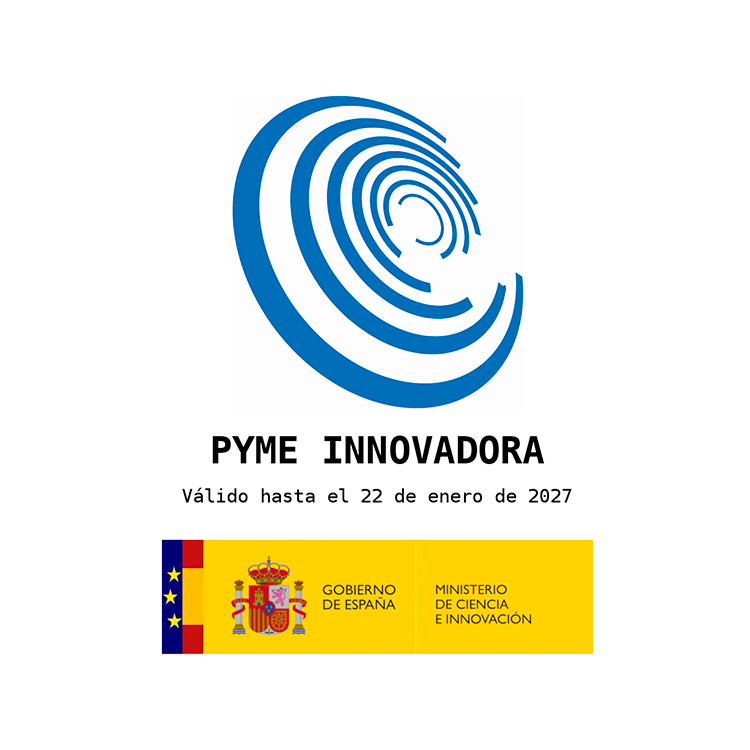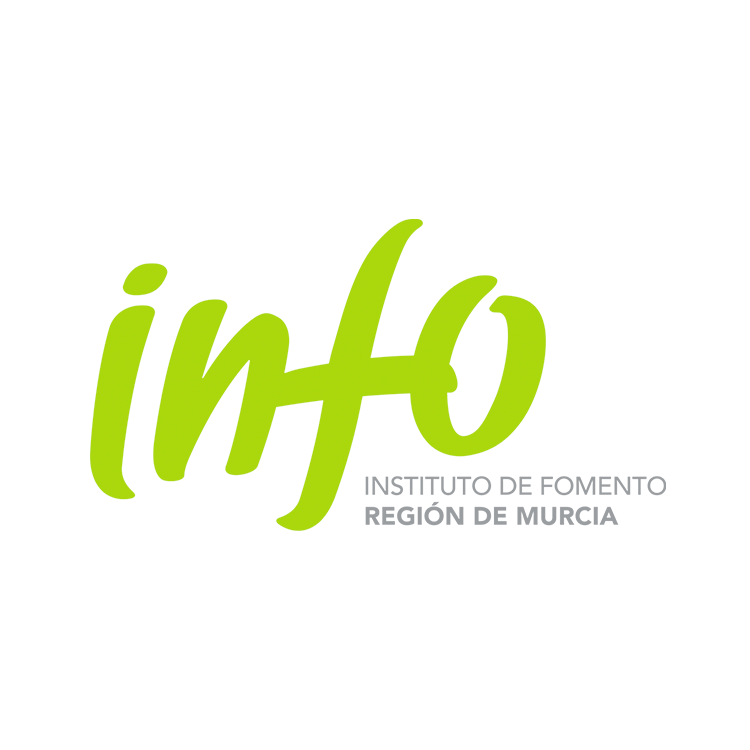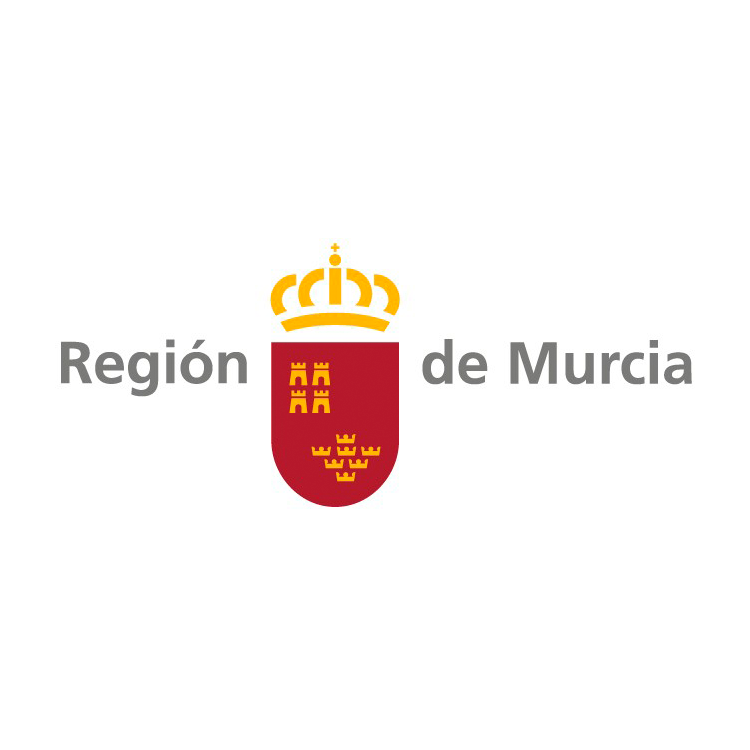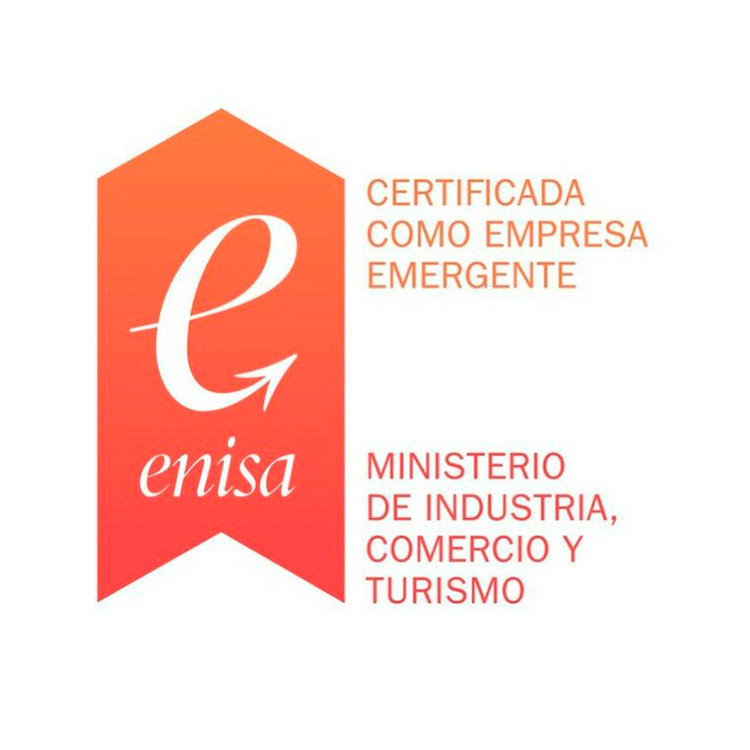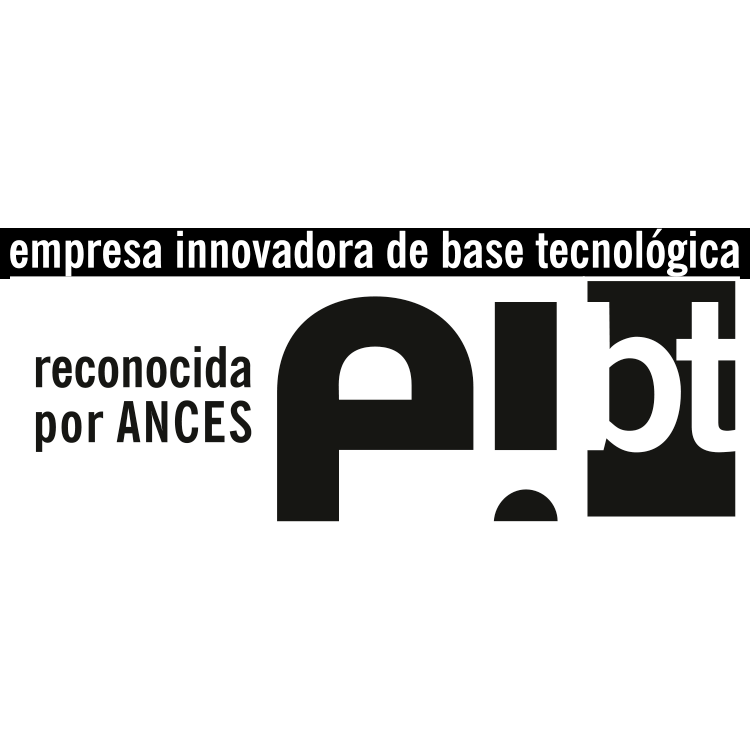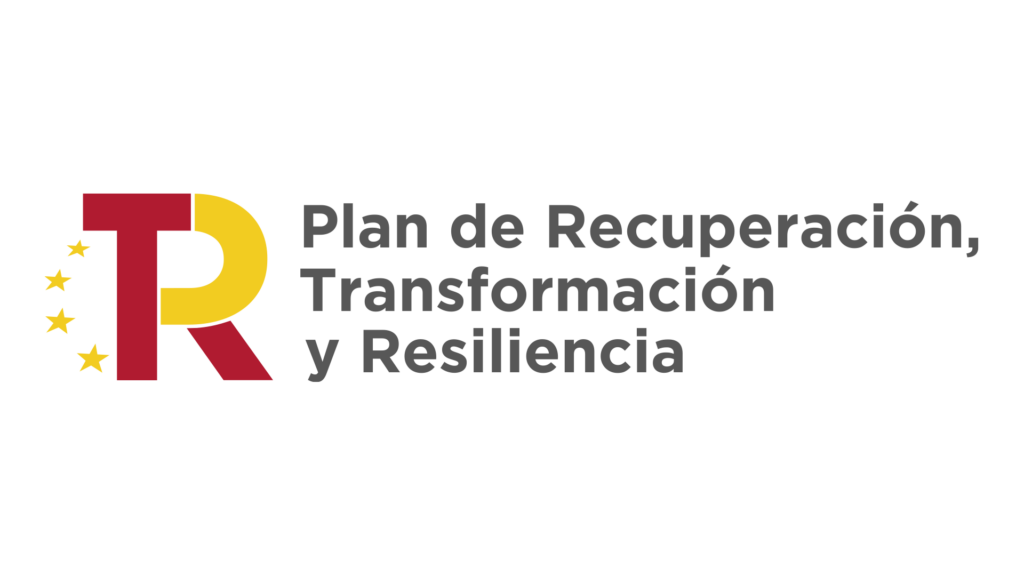Latest news from Viva In Vitro.
News
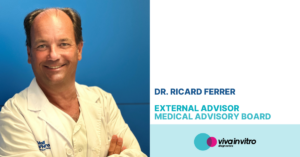
Viva In Vitro appoints Dr. Ricard Ferrer as an external advisor to its Medical Advisory Board to strengthen its clinical leadership in sepsis
Viva In Vitro, a Spanish company specialized in the research and development of biotechnological solutions and services in the field of immunological medicine, announces the appointment of Dr. Ricard Ferrer Roca as an external advisor to its Medical Advisory Board (MAB).
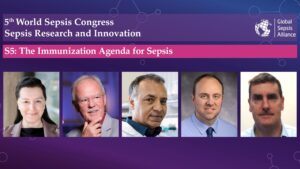
Viva in Vitro attends the 5th edition of the World Sepsis Congress
The 5th World Sepsis Congress, organized by the Global Sepsis Alliance, was a wake-up call: sepsis can no longer take a back seat on the global health agenda.

Biomedical Data Management: A Strategic Perspective
At Viva In Vitro, biomedical data is of essence in our mission to deliver innovative and reliable solutions that improve clinical outcomes for septic patients.
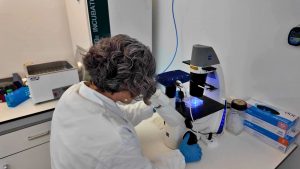
Collaboration with hospitals of Servicio Murciano de Salud and Servicio Andaluz de Salud in research to reduce hospital mortality from sepsis
Collaboration between the Murcian Health Service, the Andalusian Health Service and the Murcian biotechnology company Viva in Vitro in a research project to reduce hospital mortality due to sepsis.
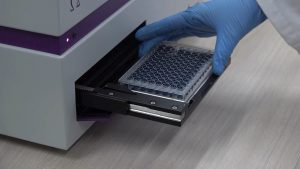
The Biotech Revolution: Navigating Innovation with Purpose in the Age of Disruption
In the rapidly evolving landscape of biotechnology, companies like those recently selected for the EIC Transition are not just pushing scientific boundaries; we are all participating in redefining what it means to be a successful, purpose-driven enterprise in the 21st century.

The European Innovation Council (EIC) selects Viva in Vitro Diagnostics as one of the 40 most disruptive European companies and awards €2.5 million in non-dilutive funding from the EIC Transition programme.
The European Innovation Council (EIC) selects Viva in Vitro Diagnostics as one of the 40 most disruptive European companies and awards €2.5 million in non-dilutive funding from the EIC Transition programme.
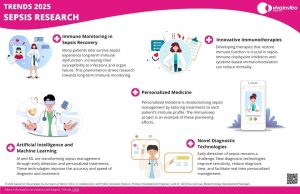
Key Trends in Sepsis Treatment for 2025
From Viva in Vitro, in collaboration with Pablo González-Polanco, Product Development Engineer, and Dr. Verónica Cánovas, Biotechnology Development Manager, we have identified the main trends that are transforming the approach to sepsis. Here we share an in-depth analysis of these innovations. Sepsis continues to be one of the leading causes of mortality and morbidity worldwide, affecting both healthcare systems and millions of patients and their families. With nearly 48.9 million cases annually worldwide and 11 million deaths, this condition represents a critical challenge that demands innovative solutions.

Viva in Vitro Diagnostic on RNE’s “Entre Probetas”: Talking about Sepsis and Biotechnological Solutions
On the program “Entre Probetas” on RNE, Radio 5, our Biotechnology Development Manager, Verónica Cánovas, addressed one of the most critical challenges in biomedicine today: sepsis. This exacerbated immune process can endanger the individual it seeks to protect. Join us for a conversation about research, innovative solutions and the future of biotechnology.
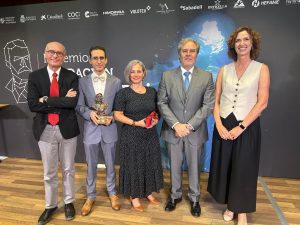
Viva In Vitro receives the Research Award from the Isaac Peral Foundation for its innovation in sepsis
Viva in Vitro has been awarded the Research Award at the Isaac Peral Foundation Awards 2024. This recognition highlights our advance in biotechnology with the development of a pioneering device to detect NLRP3 inflammasome activity in patients with sepsis, contributing to the diagnosis and treatment of this serious disease.
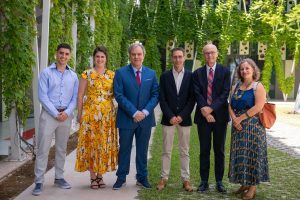
New €1.3 million round for Viva in Vitro brings it over €3 million investment to fight sepsis and boost personalized medicine
In less than 3 years, the Spanish biotech company has attracted the confidence of investors and international medical institutions to complete the development of its Viva Sepscare® prototype for the rapid detection and stratification of patients with sepsis. The company intends to soon extend its clinical validation to other fields such as multiple sclerosis and other ailments.
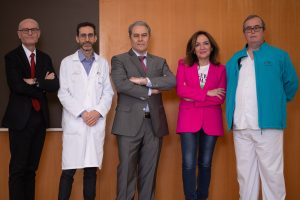
Análisis: Viva In Vitro avanza hacia la estratificación en atención y desarrollo de terapias personalizadas en sepsis, esclerosis múltiple y otras enfermedades inflamatorias o autoinmunes
Viva In Vitro avanza hacia la estratificación en atención y desarrollo de terapias personalizadas en sepsis, esclerosis múltiple y otras enfermedades inflamatorias o autoinmunes
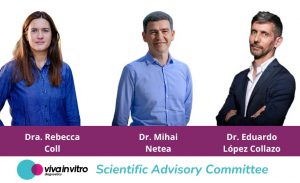
Viva In Vitro incorporates three international references to its Scientific Advisory Committee: Dr. Mihai Netea, Dr. Eduardo López Collazo and Dr. Rebecca Coll.
The Scientific Advisory Committee is composed of Dr. Mihai Netea, as representative of Radboud University Medical Center (The Netherlands), Dr. Eduardo López Collazo, deputy director of Hospital Universitario de la Paz (Spain), and Dr. Rebecca Coll, of Queen’s University Belfast (UK).
Partners



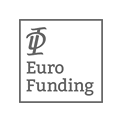

Support



